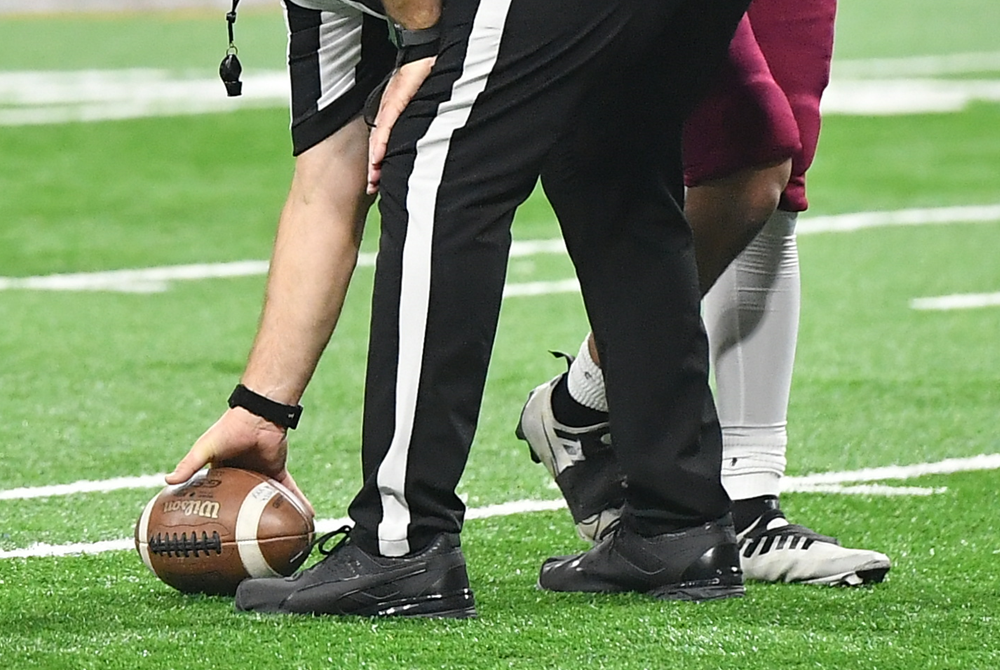
New Football Practice Policies
March 25, 2014

Be the Referee: 11-Player Football Finals Replay
By
Paige Winne
MHSAA Marketing & Social Media Coordinator
November 21, 2023
Be The Referee is a series of short messages designed to help educate people on the rules of different sports, to help them better understand the art of officiating, and to recruit officials.
Below is this week's segment – Football Finals Replay - Listen
For the second consecutive season, coaches will have the ability to challenge plays during the 11-Player Football Finals. All potential scoring and turnover plays will continue to be automatically reviewed.
But again this year, coaches will be allowed to challenge one play per regulation and one in overtime, with some restrictions.
First, a team must have a timeout available and call it to initiate a review.
Second, there are a limited number of items that can be reviewed. Those include catch or no catch. Ball carrier in or out of bounds. Forward or backward pass. And a handful of others.
If successful, the coach will be given back the timeout.
In overtime, coaches can challenge once, no matter how many overtime periods are played – and only if they have a timeout.
Previous Editions
Nov. 14: Volleyball Unplayable Areas - Listen
Nov. 7: Pass/Kick Off Crossbar - Listen
Oct. 31: Cross Country Interference - Listen
Oct. 24: Soccer Overtime - Listen
Oct. 17: Tennis Spin - Listen
Oct. 10: Blocked Kick - Listen
Oct. 3: Volleyball Double & Lift - Listen
Sept. 26: Registration Process - Listen
Sept. 20: Animal Interference - Listen
Sept. 13: Feet Rule on Soccer Throw-In - Listen
Sept. 6: Volleyball Jewelry - Listen
Aug. 30: Football Rules Similarities - Listen
Aug. 23: Football Rules Differences - Listen

